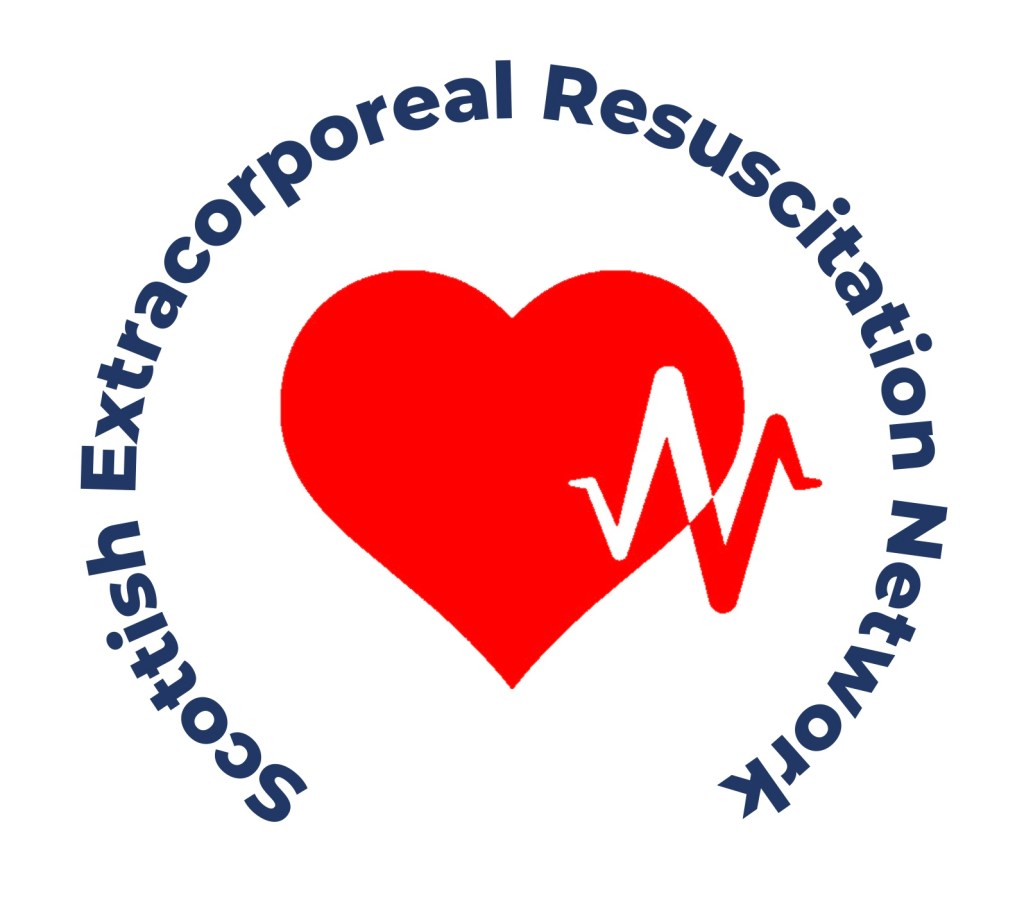 Every year, many thousands of people in Scotland die from acute circulatory failure. This failure can happen instantly (if, for example, the heart rhythm becomes so abnormal the heart effectively fails to pump blood) or can emerge over several hours (for example, following blockage of the arteries of the heart or lungs, in association with severe sepsis, or as a consequence of drug toxicity).
Every year, many thousands of people in Scotland die from acute circulatory failure. This failure can happen instantly (if, for example, the heart rhythm becomes so abnormal the heart effectively fails to pump blood) or can emerge over several hours (for example, following blockage of the arteries of the heart or lungs, in association with severe sepsis, or as a consequence of drug toxicity).
Extracorporeal life support (ECLS) is a term which describes advanced health technologies which provide rapidly deployable total support for the heart and or lungs. ECLS has been used in the support of acute circulatory failure for many years. The temporary support provided by ECLS maintains blood and oxygen supply to the brain and other vital organs and thus offers time for the underlying disease process to be treated or recover.
The Five Causes of Acute Circulatory Failure

These five causes of acute circulatory failure are considered as the focus of the Scottish Extracorporeal Resuscitation Network because:
- Together, they lead to the death of many hundreds of people in Scotland every year.
- They are diseases which are regularly seen in every acute hospital in the country.
- In many of the fatal cases, the disease process itself can recover or be successfully treated but death occurs before this can occur.
- There is strong scientific plausibility in using extracorporeal support in these disease processes.
- There exists national or international guidance that, in severe cases of these disease processes, extracorporeal life support should be used to provide the opportunity for treatment or recovery.

